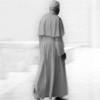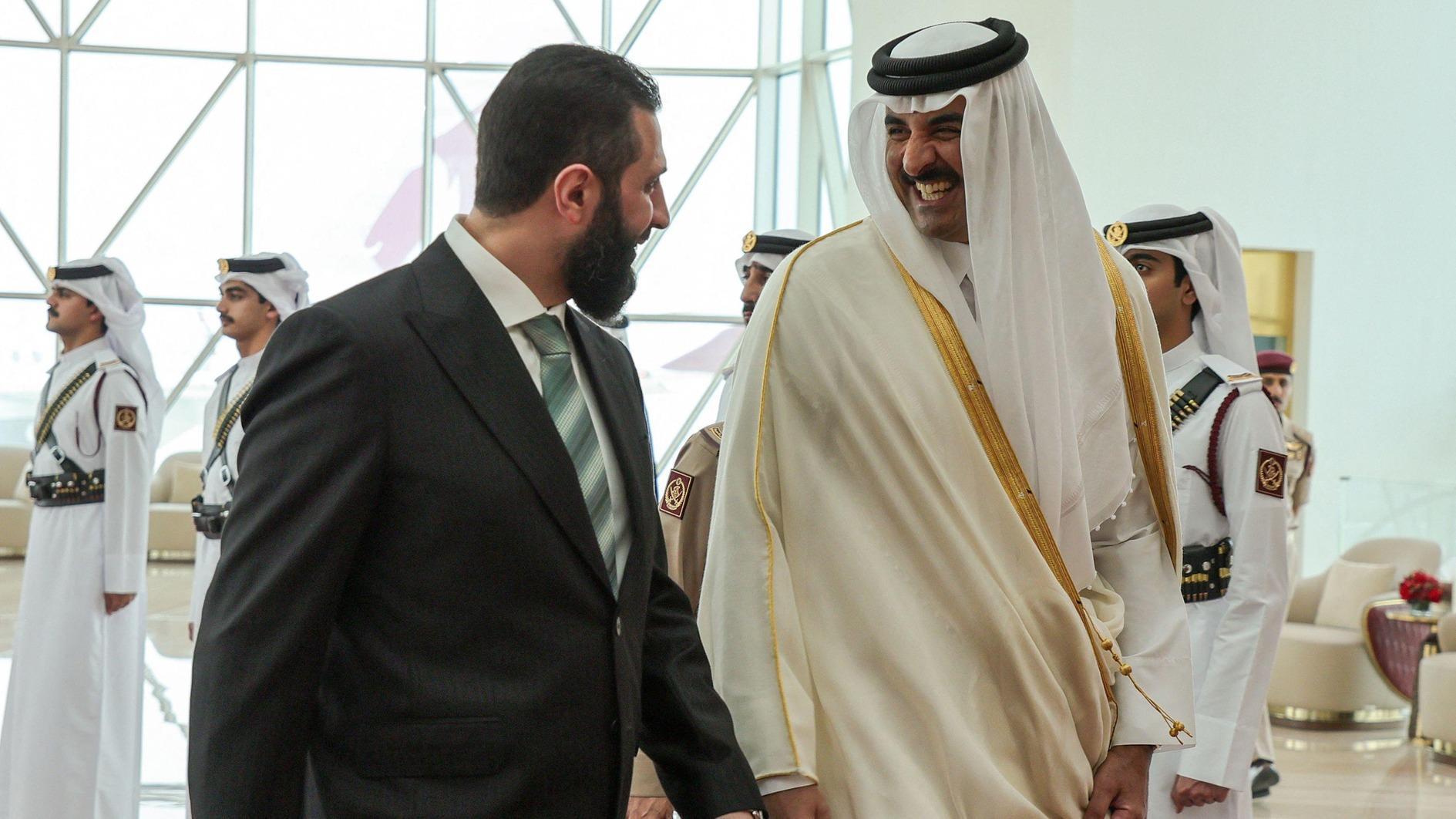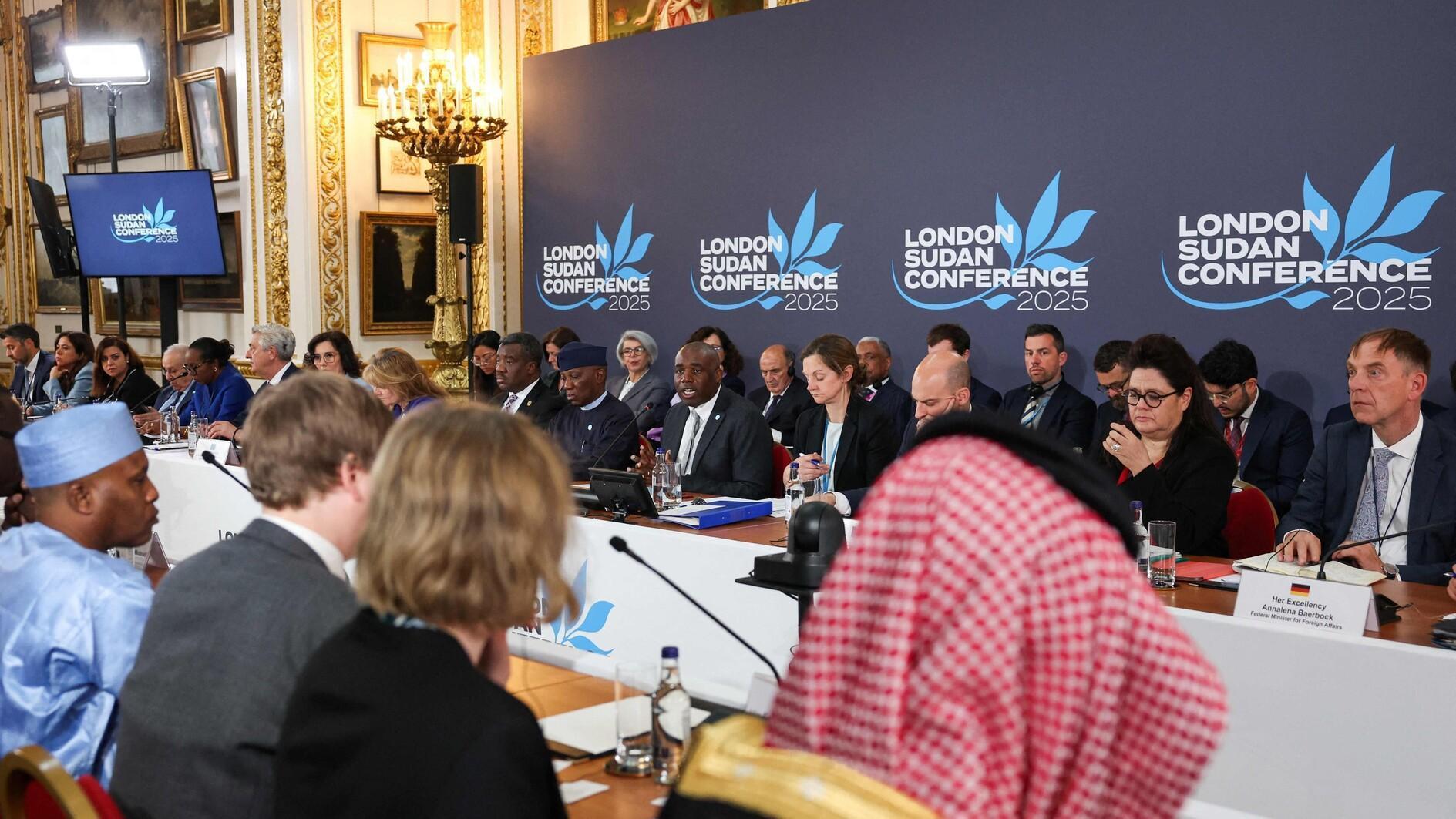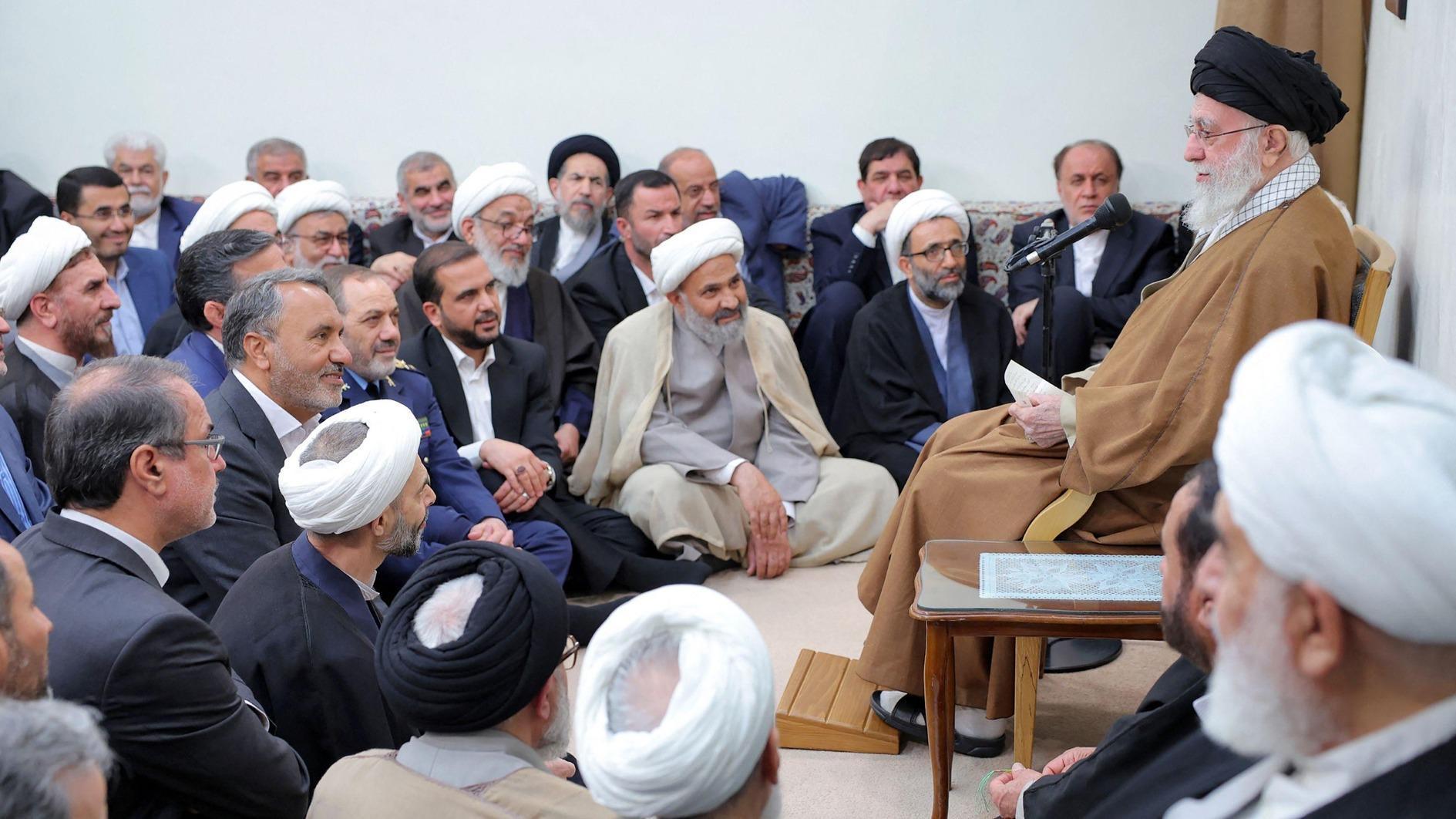Pope ends visit with Mideast plea
Hurriyet Daily News with wires

refid:11660076 ilişkili resim dosyası
Pope Benedict XVI ended his pilgrimage to the Holy Land on Friday with his strongest call yet calling for a Middle East accord that would include the creation of a Palestinian state and telling the faithful at the site of Jesus' crucifixion that peace is possible. He emphasized his full support for a two-state solution to end Middle East wars and "terrorism" and slammed the Holocaust as "brutal extermination.""Let the two-state solution become a reality, not remain a dream. The Palestinians have a right to an independent homeland," he said at a ceremony at Ben Gurion Airport, near Tel Aviv, before he left for Rome aboard an El Al plane.
"No more bloodshed. No more fighting. No more terrorism. No more war," Agence France-Presse quoted the pontiff as saying at the conclusion of his eight-day pilgrimage to Jordan, Israel and the occupied West Bank. He also called Israel's West Bank separation barrier "one of the saddest sights" of his visit. The Vicar of Christ also spoke out forcefully against the Holocaust saying the world should never forget that "so many Jews.... were brutally exterminated under a godless regime that propagated an ideology of anti-Semitism and hatred."
Spiritual tour
Earlier on the fifth and final day of his visit, the pontiff walked into the Church of the Holy Sepulcher in Jerusalem, accompanied by a traditional escort of men in black robes and red fezzes rhythmically banging staffs on the ground to announce his approach.
Benedict knelt down and kissed the rectangular stone on which Jesus' body is believed to have been placed after the crucifixion. Then he entered the structure inside the church marking the site of Jesus' tomb and knelt inside alone for several minutes, hands clasped, as priests chanted nearby.
Afterward, he told those gathered in the church not to lose hope - a central theme during a visit in which he addressed the Holocaust, Israeli-Palestinian politics and the region's shrinking number of Christians.
"The Gospel reassures us that God can make all things new, that history need not be repeated, that memories can be healed, that the bitter fruits of recrimination and hostility can be overcome, and that a future of justice, peace, prosperity and cooperation can arise for every man and woman, for the whole human family, and in a special way for the people who dwell in this land so dear to the heart of the Savior," he said, reported The Associated Press.
With those "words of encouragement," he said, "I conclude my pilgrimage to the holy places of our redemption and rebirth in Christ."
Benedict also met with the city's Greek Orthodox and Armenian Orthodox patriarchs, part of the outreach effort toward Orthodox Christians that has been a keystone of his papacy. The pope has reached out to both Jews and Muslims, but his messages were sometimes overshadowed by Mideast politics. Several times during his trip, he spoke of the Palestinian right to a "sovereign homeland," a position not yet accepted by new Israeli government.
"The pope was successful in reaching to local Christians, and to some degree also the Palestinians," said Joshua Schwartz, who teaches ancient Christianity at Bar Ilan University outside Tel Aviv. "However the expectations among Israelis were probably too high from the beginning, so the results were disappointing for them to a great extent," Schwartz told Bloomberg.
Some Arab commentators, while applauding the pope’s comments on Palestinian self-determination and his call to lift Israeli restrictions on the Gaza Strip, said he should also have visited Gaza, where an Israeli military operation four months ago left at least 1,100 Palestinians and 13 Israelis dead.
"The pope’s visit here was of extreme importance despite the Israeli complaints," said Schwartz. "Just the fact of his coming just a few months after the Gaza conflict, was itself an accomplishment that to some extent Israelis should be satisfied with."
















